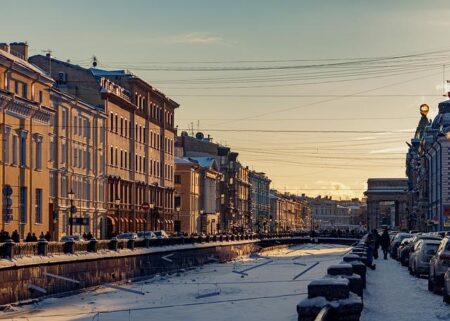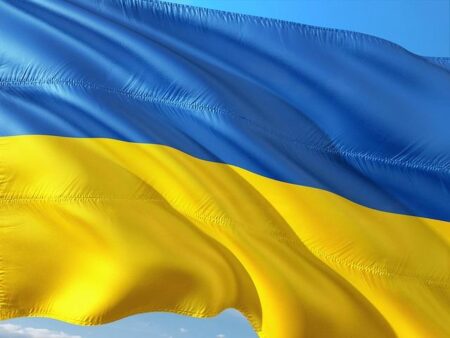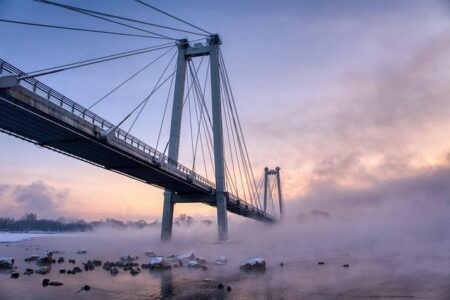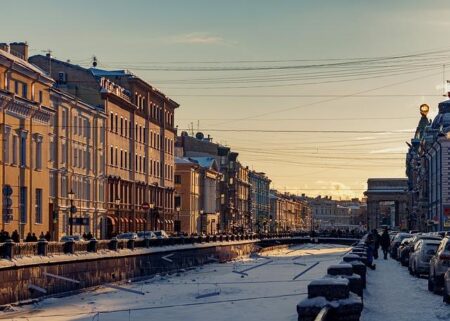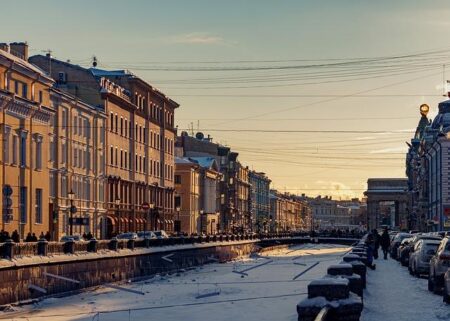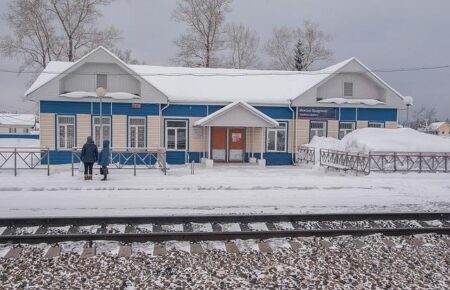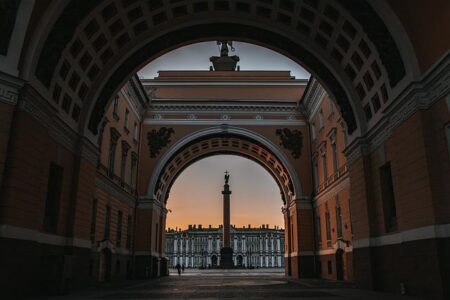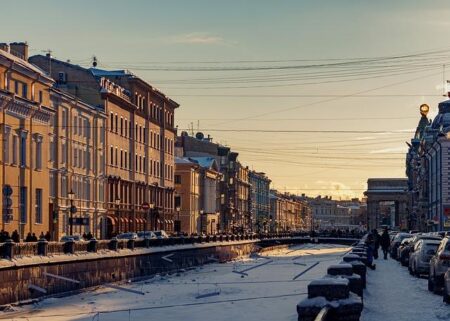Russia’s war on Ukraine is leading many women to delay or even abandon plans for motherhood, experts caution. This profound shift in demographics may trigger long-term economic ripple effects throughout the region, CNBC reports
Browsing: Russia
Russia and Iran have dramatically slashed oil prices to capture a bigger slice of the Chinese market amid shifting global supply trends. This bold strategy is designed to lock in long-term market dominance as demand patterns continue to change
The French Minister emphasized the significance of the EU’s 20th sanctions package against Russia, underscoring the need for unwavering unity and a strong dedication to defending international law amid the ongoing conflict. These targeted measures aim to ramp up pressure on Moscow by focusing on critical sectors
Ukraine solemnly commemorates the fourth anniversary of its war, as the conflict intensifies into its fifth year. Moving memorials and powerful moments of silence honor the fallen, amidst unyielding violence and ongoing tensions with Russia
UK Labour leader Keir Starmer described the Russia-Ukraine war as the “most critical issue of our age” on its anniversary, passionately calling for steadfast support for Ukraine as the conflict continues to unfold. (Fox News)
Russia’s shift toward a war-driven economy is creating intense strain on its long-term growth, diverting vital resources from innovation and the everyday needs of its people. Experts warn that this escalating militarization risks pushing the country into economic stagnation and greater isolation from the global community
Reuters uncovers escalating tensions as Russian forces dramatically increase their presence in Ukrainian territories. The conflict heats up, sending shockwaves worldwide and igniting urgent demands for diplomatic intervention to restore regional stability
Russia has launched an intense drone racing championship in the temporarily occupied Luhansk, aiming to fuel the militarization of local youth. This thrilling competition is crafted to hone military skills among young participants amid the ongoing conflict
According to a report by the South China Morning Post, Iran has secretly struck a deal with Russia to acquire shoulder-fired missiles, raising alarm over regional security and the potential for escalating conflicts
Ukraine unleashed a daring strike on a key industrial hub deep within Russia, marking a bold escalation in the conflict. Confirmed by Ukrainian officials, this powerful attack targeted critical infrastructure far beyond the frontlines
A relentless barrage of Russian missiles and drones pounded the suburbs of Kyiv, tragically taking one life and leaving residential neighborhoods scarred, officials reported. This fierce assault highlights the mounting tensions gripping the region amid the ongoing conflict
Ukraine has struck a major blow to Moscow’s military might by hitting a key Russian missile factory. President Zelensky boldly stated, “We’re definitely not losing,” showcasing Kyiv’s fierce resolve and unshakable spirit amid the ongoing conflict
Russia’s assault on press freedom is intensifying, with the Committee to Protect Journalists exposing a sharp rise in arrests, censorship, and harassment aimed at silencing reporters. Media voices face growing danger as the government clamps down harder than ever
In a recent report by UNITED24 Media, Russia suffered a staggering loss of 1,010 troops and one helicopter in a single day amid the ongoing conflict. Military analysts highlight the profound impact of this significant blow
After a period of restraint, Russian state TV is now enthusiastically celebrating the remarkable triumphs of its athletes at the recent Olympics, proudly highlighting their success following earlier subdued coverage, The Moscow Times reports
An intelligence report reveals that Russia has recruited 1,000 Kenyan fighters to strengthen its forces in Ukraine. This surprising revelation heightens concerns over foreign involvement in the escalating conflict, NPR reports
Disabling the Trans-Siberian Railway bridge could strike a powerful blow to Russia’s military logistics, potentially crippling its war efforts by severing critical routes for moving troops and equipment across the vast expanse of the country
Russia has intensified its crackdown on Telegram, accusing the messaging app’s founder of grave violations, Reuters reports. This daring action marks a significant escalation in Moscow’s push to tighten its grip on online communications
Iran has launched joint naval drills with Russia, intensifying tensions amid a massive US military buildup in the region. These exercises highlight a daring show of alliance and strategic power on the high seas
Russian President Vladimir Putin met with Cuban Foreign Minister Bruno RodrÃguez, vehemently condemning US sanctions as “unacceptable.” Their talks highlighted a powerful alliance, with Russia and Cuba united in their resolve to strengthen ties amid escalating Western pressure


